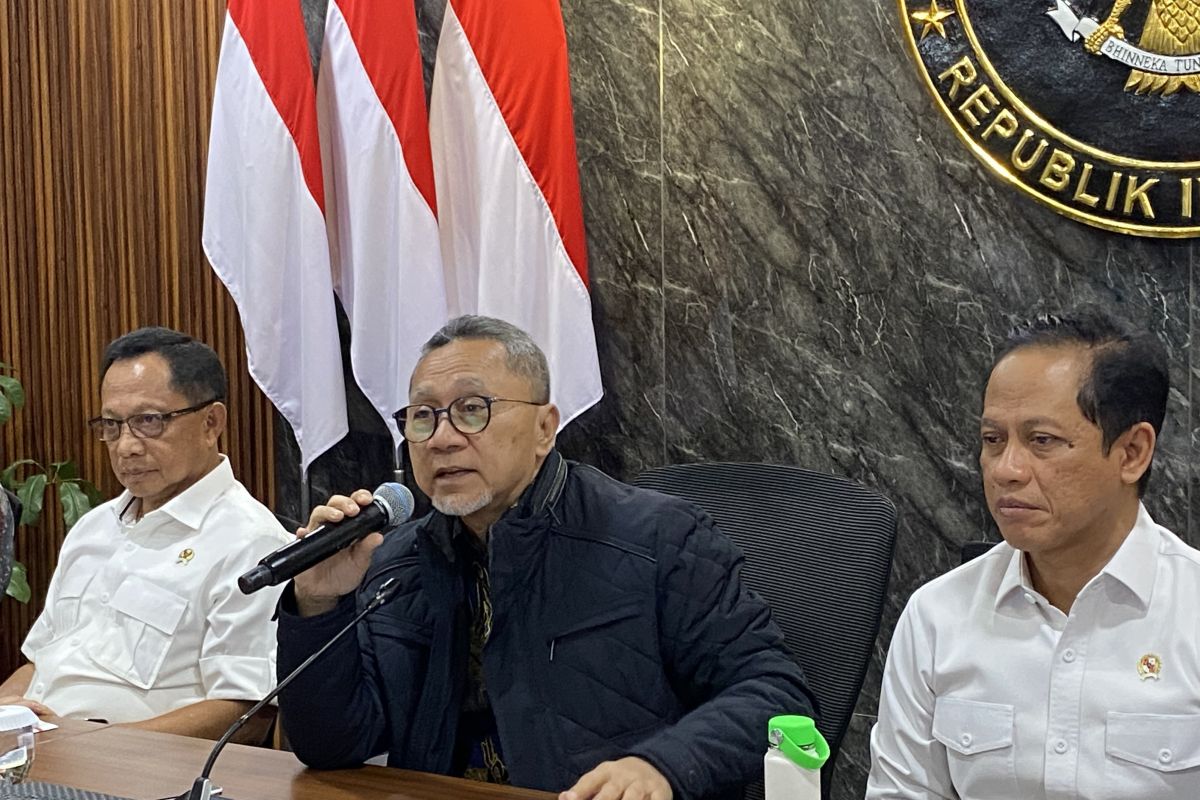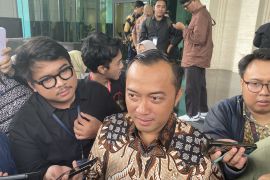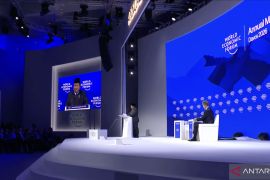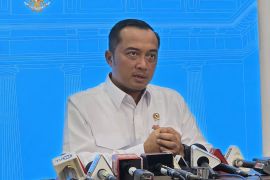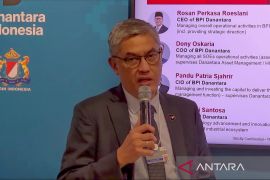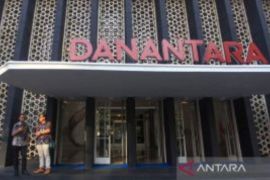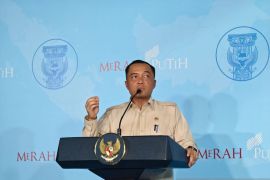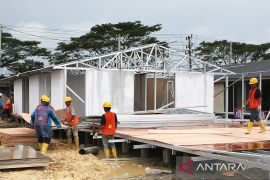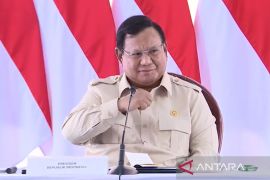Coordinating Minister for Food Affairs and Chair of the National Acceleration Team for Food, Energy, and Water Self-Sufficiency, Zulkifli Hasan, said the selection was based on a comprehensive assessment and verification process conducted by the Ministry of Environment.
“The assessment criteria include regions that generate over 1,000 tons of waste per day, have available land for WTE development, and demonstrate a clear commitment from local governments to manage waste transportation,” Hasan told reporters here on Thursday.
The 10 designated regions are DKI Jakarta (with four sites), Bali, Yogyakarta, Bekasi City, Bekasi District, Greater Bogor, Tangerang, Semarang, Medan, and West Java—covering Bandung City, Cimahi City, West Bandung District, Sumedang District, and Garut District.
Hasan added an additional 14 regions are currently under review, including Serang, South Sulawesi, Depok, Pekanbaru, Lampung, Malang, Padang, Samarinda, Balikpapan, Pontianak, Banjarmasin, Jambi, Makassar City, and South Tangerang City.
The Ministry of Environment emphasized that local governments must submit a formal declaration of readiness to the minister, accompanied by several key requirements.
These include providing at least five hectares of land that complies with spatial planning regulations, is flood-free, located away from airports, and has sufficient road access and water infrastructure.
To ensure logistical efficiency, WTE facilities must be situated within 50 kilometers of the waste source. “These requirements have already been fulfilled by the respective local governments,” Hasan said.
In a major financial boost to the initiative, Indonesia’s sovereign wealth fund Danantara announced that its Rp50 trillion (approximately US$3.2 billion) “patriot bonds” have been fully subscribed through a private placement scheme.
Danantara CEO Rosan Roeslani stated on Wednesday that the funds will support new and renewable energy projects as well as WTE projects in 33 locations across the country. According to him, Danantara plans to hold a tender to select its project partner by the end of the month.
Danantara estimates that converting 1,000 tons of waste will require an investment of Rp2 trillion to Rp3 trillion or US$127 million to US$190 million, and could produce up to 15 megawatts of electricity—enough to power roughly 20,000 households.
Related news: Indonesian govt targets 33,000 tons plastic waste-to-energy conversion
Related news: Danantara to invest up to Rp3 trln per waste-to-energy site
Related news: Indonesia govt to regulate price of waste-to-electricity
Translator: Shofi Ayudiana
Editor: M Razi Rahman
Copyright © ANTARA 2025
